Promises, Promises
"We dare not promise what we ought not, lest we be called upon to deliver that which we cannot." - Abraham Lincoln Today is Abraham Lincoln's birthday, and thus seems a good time to offer up my favorite quote from him. Healthy faith does not make promises it cannot keep. It treats a promise with the value a promise has: and endeavors never to offer an inducement to someone that makes definite something one cannot control or assure. An author named Nassim Taleb explained in his books "The Black Swan" and "Fooled by Randomness" how people who do not understand the astronomical number of factors involved in every instance of "success" are deceived by stock-fund managers, method authors, and vendors of success tools into thinking "If I just follow his method, do what she did, learn how he thinks, mimic her choices - I will be as successful as Bill Gates, Madonna, Warren Buffett, Ivana Trump." And it does not happen. Why? Promises have been either explicitly or implicitly made about things the promisor cannot possibly guarantee. Toxic faith does not hesitate to make such promises - often due to lack of depth of understanding about either what is being promised or what it means morally to give such a promise - and then sinks into masquerading behaviors when the promised things fail to arrive. There are religious works having definitively promised their acolytes big things for decades - and having failed to produce them, have turned to distracting side-lanes of effort and focus. If one says one's calling is to build a bridge and promises God will make it happen - and after three decades a playground and sandbox are all that is there - one can point to all the children playing in the sand and say sandboxes are good and children having fun are great: both things are true; but what one promised is not there, and no amount of children in the sandbox substitutes for the absent bridge. Some things, especially in regard to their specific timing, should not be promised - even by implication - because they simply cannot be guaranteed. Let's face it: there is no amount of praying. fasting, believing, or spiritual effort that could have made the spiritual outpouring described in Acts 2 happen even one day sooner than it did: God had a day planned for it, and even Messiah did not specify "the day or the hour." He simply told his followers what was incumbent on them to do (correctly). "Remain in the city until you are endued with power from On High. Afterwards you will be my witnesses in Judea, Samaria, and to the ends of the earth." He gave them clear instructions on what to do, told them what the desired result was: and commended them to what was in their reach to do: bend their best efforts to walk in God's will. The "arrival" date of the promised enduement from On High was not even hinted. Messiah was careful in this regard. Daniel and his companions were careful not to be over-confident in their faith-speech. They told the king who was about to have them burned alive, "The God we serve can deliver us from the fiery furnace, and we believe he will. But even if He does not, we will not bow down to your statue." There are some people who understand what it means morally to state a certainty. A song from the 1960's went, "I never promised you a rose garden." The Zionists never promised their adherents anything but a meaningful and necessary line of effort. Yeshua warned His followers, "In this world you will have tribulation." Rav Saul of Tarshish (Paul) told his followers after he had been pelted nearly to death with rocks, "By many trials we must enter the kingdom of God." In the film, The Matrix, the character Morpheus invites the hero, Neo, to take an irreversible step toward understanding why he and his entire species are living a lie. As Neo is about to take that step, Morpheus says, "Remember: all I am promising you is the truth." Can we promise impoverished people wealth? We ought not - but some have. Can we promise lonely people an abundance of friends? We ought not - but some have. Can we promise (directly or by implication) that a person with a hitherto difficult life will find in God a path to comfort or diminishment of challenges? Hardly - but some have. What should we promise anyone in God's Name? What ought we promise that we can deliver? We can promise what The Shema indicates: the Creator of the Universe exists in a specific manner, and will directly extend Himself toward those people who desire to be governed by truth, now and for eternity. Messiah affirmed, "All who are 'of the truth' will hear (obey/perceive) my voice (impartations of guidance)." We can promise truth will become increasingly present as the God-offered driver of a person's existence; and that the door to the direct participation of God in one's life in a way not limited entirely by natural law (such as direct healings) can and very likely will occur as one grows in faithfulness to the precepts the Creator has offered to us in objectively-proven-by-fact form of The Scriptures. That is about the limit of what we can reliably say. On this, the birthday of "Honest Abe" - I promise to do my best never to promise what I cannot deliver; and to do my best to be an agent of the One who can, and often does deliver - on His own timetable and in the manner of His own choosing. No one has ever bottled God's doings - and no mere human ever will. I promise. 12 February 2009
